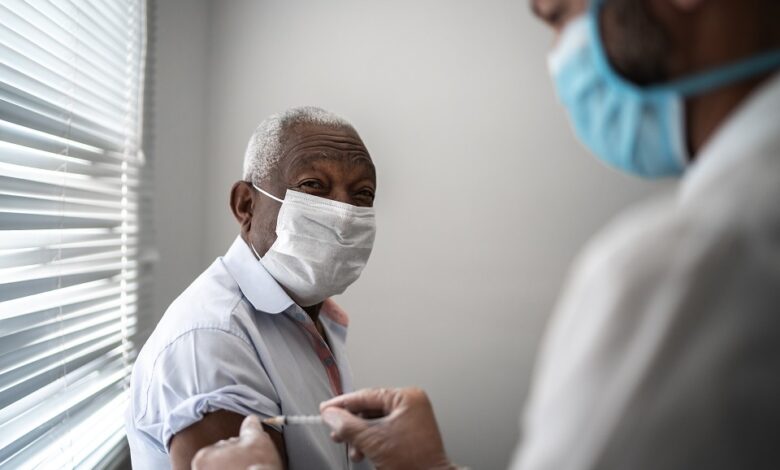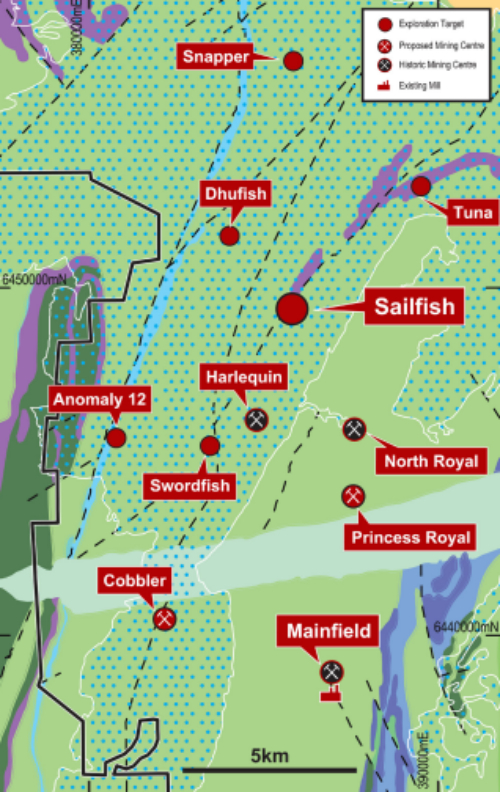
skynews– Consideration will be given to a new proposal to scrap isolation requirements for aged care workers who are declared close contacts of a positive COVID-19 case in a bid to ease pressures on the health system as case numbers rise.
The new framework, which has been approved by Chief Medical Officer, Professor Paul Kelly, comes as calls mount for a further change to isolation rules as Australia looks to move on from the pandemic.
The nation reported more than 31,000 new cases on Sunday as the number of patients in intensive care units across the country begin to stabilise, quelling fears about the threat posed by the Omicron variant.
Treasurer Josh Frydenberg pointed out on Monday morning there were 51 people on ventilators in hospital, urging Australians to “keep that in perspective in a country of 26 million people”.
The proposed plan recommends aged care facilities allow workers who are considered close contacts to return to work while awaiting the results of their COVID test results, but they must self-isolate for the necessary time period when not at work.
They will also be required to undergo a PCR and rapid antigen tests every 72 hours while working.
Mr Frydenberg underlined the Morrison government’s commitment to review the settings around furlough workers “particularly those who are working in the emergency health system”.
“I think that’s important, so we’ll take the medical advice, the Chief Medical Officer is working through the various options,” he told Sky News Australia on Monday.
He highlighted that the Prime Minister had called a National Cabinet meeting for next week after obtaining the agreement of state and territory leaders last week to redefine the close contact definition and testing and isolation requirements.
The “next step” will be to scrutinise requirements for furloughed workers in emergency health areas, the Treasurer said.
Concerns remain, however, about the potential change to rules given aged care workers are providing care to the nation’s most vulnerable, with data showing more than 1,180 COVID positive aged care residents across the country.
If approved, the framework would be similar to the policy announced for New South Wales healthcare staff who are identified as close contacts which was announced on Friday.
Mr Frydenberg said the early data received by medical experts about Omicron was the latest variant of COVID-19 could be 75 per cent less severe than Delta.
“Now Delta’s still out there in the community, and that’s one of the other main reason people are actually in hospital,” he added.
“But Omicron may provide that bridge from the pandemic to the endemic. Early signs are actually quite encouraging according to the medical experts.”




